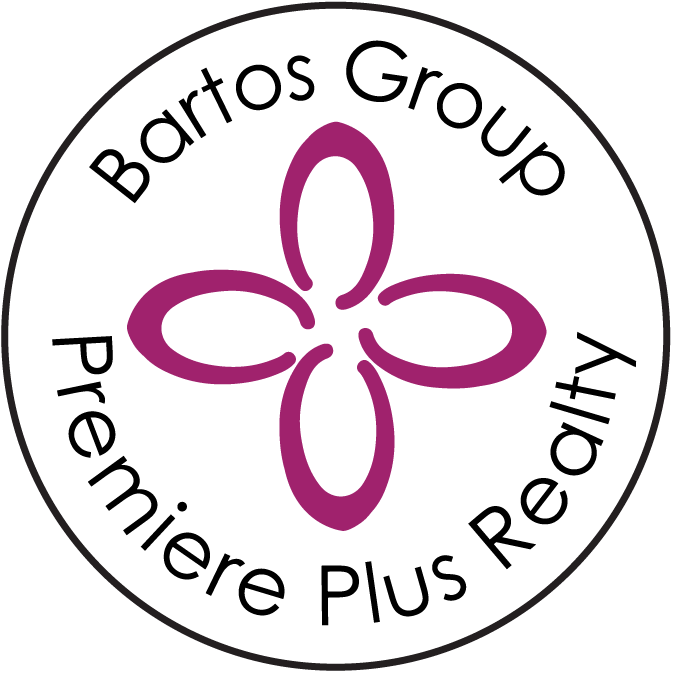
This article is based on a conversation produced by Bartos Group featuring Mary Baros and guest Joy Metalios. It explores the practical advantages of joining a team in real estate through real-world examples, actionable insights, and the leadership lessons Mary and Joy shared about growing a high-performing, supportive group of agents.

Introduction: Why Joining a Team Matters Now
In today’s competitive real estate market, Joining a Team has moved from a nice-to-have into a strategic career choice for many agents. Mary and Joy discuss how teams provide accountability, training, credibility, and operational support—elements that allow agents to focus on relationships and revenue rather than getting bogged down in paperwork and logistics. Joy leads a 24-person team in Greenwich, Fairfield County, and her group was ranked the number one large team in Connecticut—proof that the model scales when systems and leadership are in place.
What Joining a Team Provides: The Big Four Benefits
Mary and Joy break the benefits of Joining a Team into clear, pragmatic categories. Each one supports an agent’s ability to close more deals, reduce stress, and accelerate their professional growth.
1. Accountability and Strategic Partnership
One of the first advantages they name is accountability. Joy and Mary are accountability partners—they talk in the morning at 6:30 a.m., walking and discussing strategy, daily priorities, and leadership decisions. That regular touchpoint illustrates a broader truth: Joining a Team gives agents built-in partners to bounce ideas off, problem-solve, and stay on course. For solo agents, it’s easy to slip away from best practices. On a team, accountability becomes cultural rather than personal, helping everyone maintain momentum.

2. Education, Training, and Onboarding
Teams create learning environments. Joy’s group runs a comprehensive onboarding program and maintains ongoing training through role-playing, boot camps, and coaching. For a new agent, Joining a Team means access to institutional knowledge—negotiation tactics, listing presentation best practices, buyer consultation scripts, and scenario-based rehearsals that reduce rookie mistakes and boost confidence.

3. Credibility and Market Access
For agents who are newer to the field or who lack a long track record, credibility matters. Mary points out the reality: prospective clients often choose the safest, most credible option. When an agent is affiliated with a top-ranked team, they inherit instant trust. That affiliation also often brings access to off-market listings and broader networks that single agents can’t replicate easily. In short, Joining a Team can be the difference between winning a pitch and losing it to a better-known competitor.
4. Operational Support: Marketing, Listings, and Transaction Coordination
Behind every smooth client experience is a team of people enabling the front-line agent to do what they do best—sell. Joy explains that her team onboards listings, coordinates photographers, and manages listing details. Both leaders agree: transaction coordination is a critical function that not all teams provide, but it’s invaluable when present. When an agent joins a team that handles contracts, scheduling, inspections, and paperwork, that agent is free to spend time with clients and develop business rather than getting buried in administrative tasks.
Systems Over Heroics: Why Process Beats Promises
Mary uses a memorable analogy: if McDonald’s can consistently produce hamburgers through systems, real estate teams can scale consistent, high-quality client service through documented processes. Joy and Mary emphasize after-action reviews: after each sale their teams sit down to identify what worked and what didn’t, then update systems accordingly. Those systems—onboarding checklists, listing workflows, marketing templates, and follow-up cadences—become the muscle memory that enables consistent results, even as the market shifts.
Emotional and Financial Support: The Human Side of Joining a Team
Beyond logistics and training, teams provide a support network. Joy shares the texts she’s received from agents who say Joining a Team was the best decision of their careers—not only financially but emotionally. For many agents, particularly those early in their careers or during challenging market cycles, having colleagues to lean on makes a measurable difference in resilience, performance, and longevity.
Mary reflects that leadership evolves. There may come a time when an individual leader could be more profitable operating independently, but most leaders find their purpose shifts toward cultivating others’ success. That cultural orientation—measuring success by the team’s wins, not a single person’s income—is what creates enduring organizations and deep professional satisfaction.

Who Should Consider Joining a Team?
Mary and Joy’s advice is practical: agents at the start of their careers, those struggling to scale, or anyone who prefers to focus on client-facing activities rather than operations should seriously consider Joining a Team. Teams are not one-size-fits-all—agents should evaluate culture, systems, training, and the leadership’s track record before making a commitment.
- New agents who need fast, structured learning and credibility
- Mid-career agents who want to increase transaction volume without adding administrative burden
- Experienced agents transitioning into leadership roles who want to multiply impact through others
How to Evaluate a Team Before Joining
Choosing a team deserves the same diligence as choosing a brokerage or a niche. Here are practical questions and red flags gleaned from Mary and Joy’s conversation:
- Does the team provide a documented onboarding and ongoing training program?
- Are there clear responsibilities for marketing, listing management, and transaction coordination?
- Is the leadership accessible, and do they model accountability (e.g., regular strategy sessions)?
- What systems exist for lead distribution, follow-up, and post-sale reviews?
- Can the team provide references—current or former agents who will speak to the experience?
Practical Next Steps for Agents Considering Joining a Team
If an agent is leaning toward Joining a Team, Mary and Joy recommend these immediate actions:
- Attend a team meeting or shadow an agent for a day to see operations firsthand.
- Ask to see training materials, onboarding checklists, and examples of marketing collateral.
- Clarify expectations: lead splits, targets, required hours, and the support available for lead conversion.
- Request a written outline of the team’s systems and the timelines for ramping up production.
- Verify transaction coordination and administrative services so the agent knows what will be handled for them.
Conclusion: Joining a Team Is a Strategic Career Move
Mary and Joy’s conversation highlights that Joining a Team is more than changing a job title—it’s changing the operating model of one’s career. When teams invest in accountability, training, credibility, and systems, individual agents benefit through faster learning curves, higher conversion rates, steady operational support, and a stronger emotional safety net. For agents intent on growth and longevity, affiliation with a strong team often accelerates results and enhances professional satisfaction.

Frequently Asked Questions
What are the primary benefits of Joining a Team?
The primary benefits include accountability, structured education and onboarding, increased credibility with clients, marketing and transaction support, and emotional and financial backing from colleagues and leaders.
Will joining a team limit my independence?
Teams vary in structure. Some provide loose autonomy with operational support, while others have stricter processes and expectations. It’s essential to clarify the degree of independence during interviews and ask about lead distribution, branding, and performance expectations.
How soon can a new agent expect results after joining a team?
Results depend on market conditions, the agent’s effort, and the team’s systems. With a strong onboarding program and consistent coaching, new agents often reduce their ramp-up time significantly compared to going solo—many see measurable progress within 3–6 months.
Do all teams offer transaction coordination and marketing support?
No. Transaction coordination and marketing are common but not universal. Agents should confirm which services are included, who performs them, and whether there are added fees or shared resources.
How should I choose between multiple teams?
Compare training programs, leadership style, systems, track record, culture, compensation structure, and the success stories of current/ former agents. Shadowing and interviews can reveal the best fit for your goals and personality.
Contact Us Today! |
|
Providing you the experience you deserve! |
| Click me |
